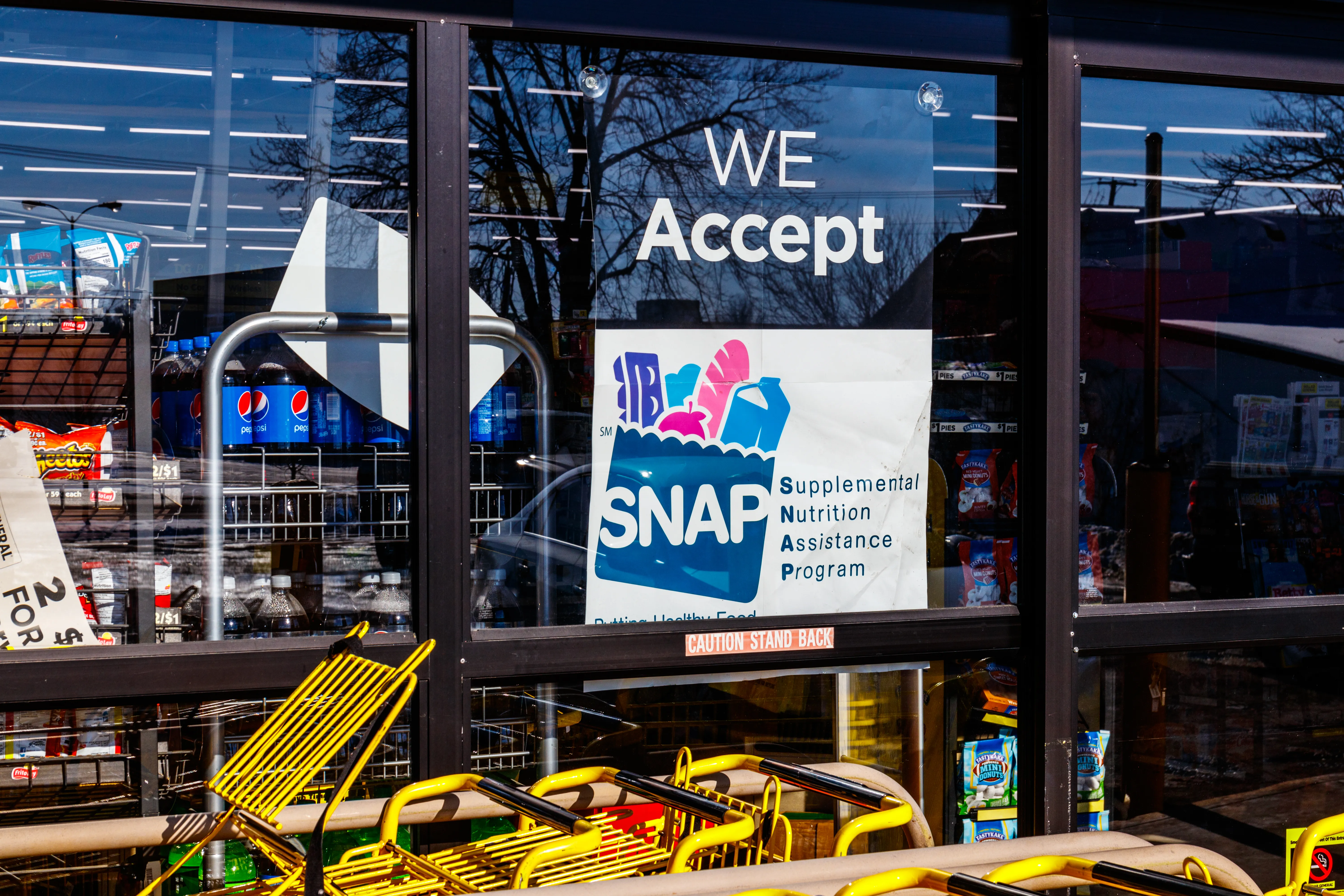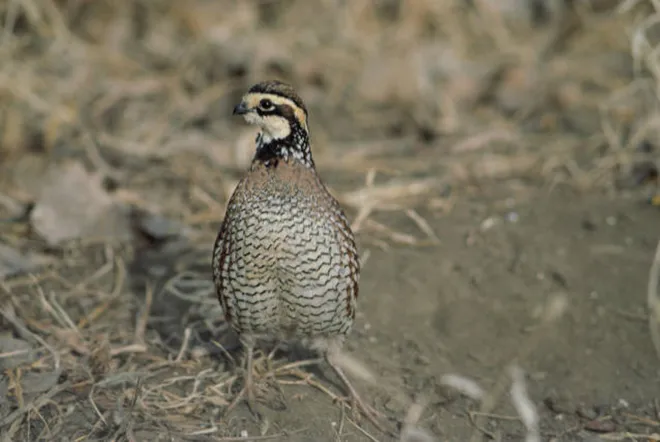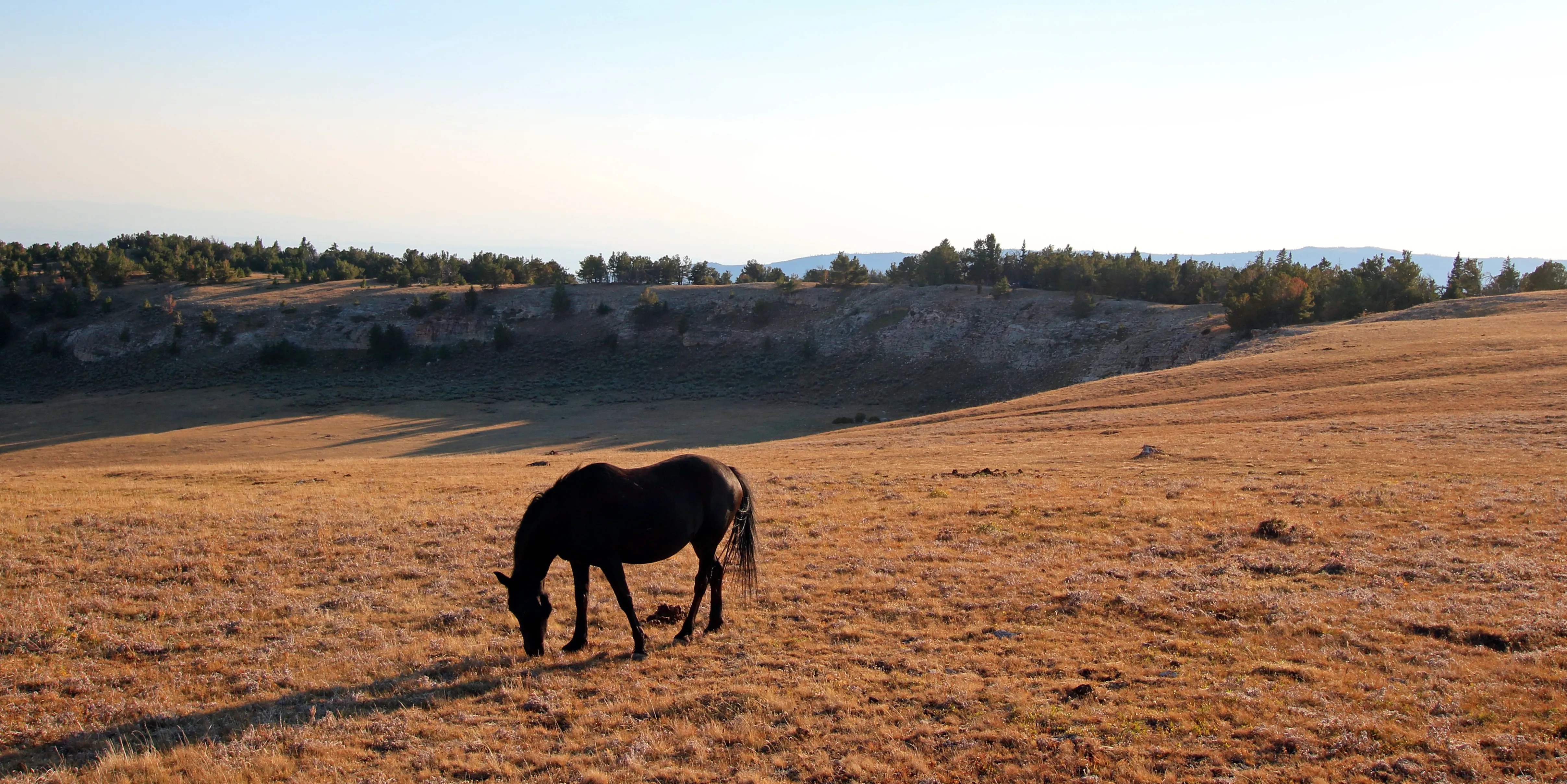
Daily Audio Newscast Afternoon Update - May 7, 2025
© INDU BACHKHETI - iStock-1336427297
News from around the nation.
REAL ID is now required for air travel in America; CT House passes comprehensive climate bill; U.S. veterans who hold elective office want environmental investments restored; ME conservation groups seek more protections for temporary wetlands.
Transcript
The Public News Service Wednesday afternoon update.
I'm Mike Clifford.
The time has come, CNN reports.
Air travelers with the U.S. starting today must use a state-issued ID or license that is Real ID compliant to travel within the United States.
They report that things seem to be operating relatively smoothly at a sampling of U.S. airports early this morning.
Though there is visible signage about the Real ID requirements, TSA representatives at some airports were ushering people without Real IDs to separate lines for enhanced screening.
Real IDs are marked with a star in the upper right-hand corner no matter what state you live in.
Next to Connecticut, where the House of Representatives has passed an omnibus climate bill.
House Bill 5004 updates the state's emission reduction targets and its plans to decarbonize state-owned buildings.
It also deploys technologies such as heat pumps and solar canopies.
A similar bill was introduced in 2024.
The bill comes after two years without climate legislation passing either chamber of the state's General Assembly.
Juliana LaRue with the Sierra Club Connecticut Chapter says some elements of the bill were removed and put into other legislation.
There was a thermal energy network study in a future of gas socket that was taken out.
We believe they were taken out because they are on energy and this is a broad environmental bill.
LaRue notes the bill's critics were more concerned about the financial implications of passing it.
The bill now heads to the Senate for a vote.
I'm Edwin J. Vieira.
And a bipartisan group of current and former elected officials say the continued use of fossil fuels threatens global security and they want funding for climate investments restored.
New Mexico State Representative and Air Force veteran Debbie Sereniana is a member of the bipartisan group Elected Officials to Protect America.
At a Tuesday summit, she emphasized the importance of provisions in the Inflation Reduction Act and bipartisan infrastructure law.
Sereniana cited the 161 pump jacks located within a mile of an elementary school adjacent to the oil-producing Permian Basin, exposing kids to cancer-causing chemicals.
The hardest part of being a legislator is watching on this committee where they have the representatives from their districts sitting there and they don't do anything.
They don't say anything.
They don't see it as wrong because money is the most important thing about the Permian Basin.
Since taking office, President Donald Trump has asserted that fossil fuels are better for energy security.
I'm Roz Brown.
And conservation groups in Maine are highlighting the ecological importance of temporary wetlands known as vernal pools as federal protections are removed.
Francesca Gundrum with Maine Audubon says climate change and increasing development are altering habitats and species' ability to adapt.
It's up to us now and leadership in our state to make sure that the resources within our borders are protected at the scale that they need to be.
These small but biodiverse bodies of water are vital to amphibian reproduction in the spring and a key link in the surrounding food chain.
This is Public News Service.
The Congress has overturned legislation that would have limited bank overdraft fees before the measure could go into effect.
The Consumer Protection Financial Bureau says Texans have filed almost 3,000 complaints about overdraft fees.
The CFPB rule would have capped fees at $5 or limited them to cover costs and losses.
And Badour with the non-profit Texas Appleseed says the $34 to $40 fee can negatively affect someone who might already be struggling financially.
And to have these mounting charges for often relatively small amounts of money that people are overdrafting, it can be a real burden, particularly on families who are struggling or people living paycheck to paycheck.
She says low-cost people are hurt most by bank fees.
The overdraft rule was set to go into effect on October 1st.
I'm Freda Ross reporting.
And air pollution in Washington is getting worse according to a new report citing transportation emissions as the primary culprit.
Yakima and Seattle ranked the eighth and ninth worst cities in the country.
Transportation emissions account for nearly a quarter of total air pollution and about 40 percent of Washington's greenhouse gas emissions.
Laura Kate Bender with the American Lung Association says more Americans live in polluted areas now than any other time within the last 10 years.
After decades of progress to clean up the air from policies under the Clean Air Act, we're now starting to see an uptick in pollution levels once again.
And it shows that we really need to double down on protections that are limiting emissions from vehicles, not roll them back.
Congressional Republicans just voted to rescind the federal waivers that allow California to set emission standards for vehicles that are stricter than national ones.
I'm Isabel Charlay.
Finally, protections for indigenous rock art in Wyoming are in limbo after state lawmakers and the Trump administration took potentially conflicting actions related to them.
Senate File 91, which handily passed the state legislature, increased the penalties for any kind of petroglyph or pictograph site destruction to a $750 fine and up to six months in prison.
This, as the Interior Department fast-tracked energy projects through a decades-old legal review of such sites.
Tribal Historic Preservation Officer for the Northern Arapaho Tribe, Crystal C. Baring, says she used to have 30 days to comment on a project but now has seven.
In terms of tribes, our sacred sites and our places of significance, that's our history on the ground.
It's not in books, it's on the land.
So it's really important for tribes to have that voice in there.
According to a state-of-the-art 2024 report, of the nearly 1,100 indigenous rock art sites across Wyoming, about one-quarter have been vandalized or defaced.
I'm Kathleen Shannon.
This is Mike Clifford for Public News Service.
Member and listener supported.
Find or trust indicators at publicnewsservice.org.

















